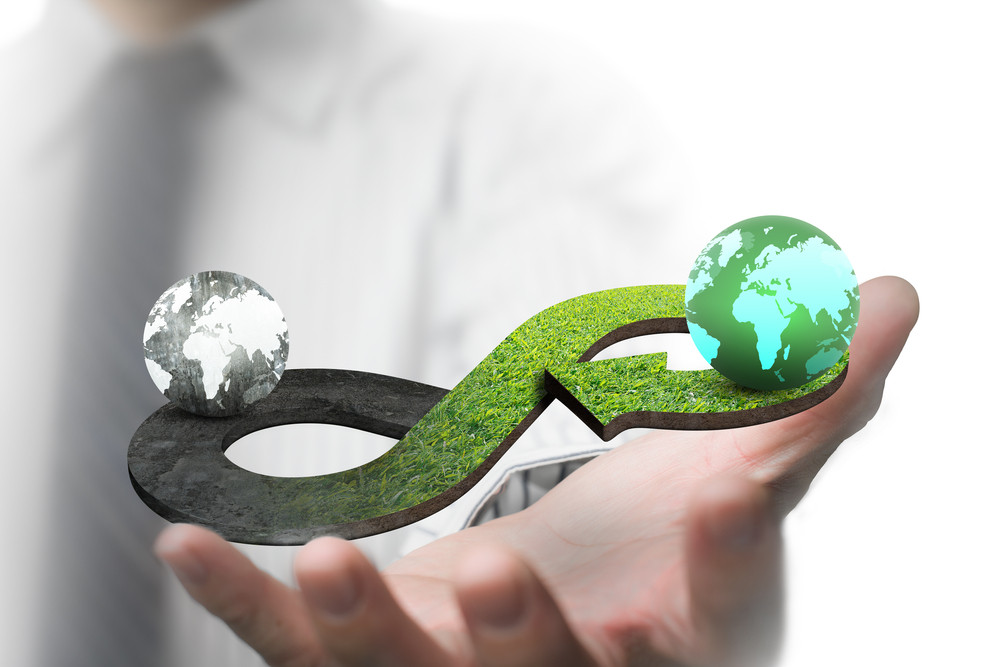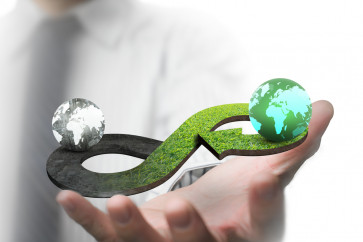Popular Reads
Top Results
Can't find what you're looking for?
View all search resultsPopular Reads
Top Results
Can't find what you're looking for?
View all search resultsFinding the right path for ASEAN toward circular economy
Transitioning to a circular economy is more relevant and urgent for emerging economies like ASEAN as part of their post-pandemic recovery plans.
Change text size
Gift Premium Articles
to Anyone
A
s the world shifts toward sustainable development, the concept of a circular economy has evolved globally as a comprehensive solution.
A circular economy is defined as the restructuring of the conventional linear and extractive economy into a closed-loop recycling process that regenerates natural systems and designs out waste and its harmful by-products. This concept aims to balance the complex interrelationship between the three pillars of sustainability, namely economic growth, environmental sustainability and social welfare.
Developed countries pioneered this concept, but it does not mean the least developed or developing countries cannot adopt it. A report from the McKinsey Global Institute has estimated that around 85 percent of opportunities to improve resource productivity lie in developing countries.
While the broad impacts of climate change are inevitable, the enormous pressure and overexploitation of natural resources continue to escalate as the world's population is projected to soar to 9.9 billion by 2050, or up 25 percent from the 2020 population. Despite the force majeure of the COVID-19 pandemic, ASEAN remains on track to become the world's fourth-largest economy by 2030 as the overall gross domestic product (GDP) is projected to rise by 6 percent by the fourth quarter of this year.
Therefore, transitioning to a circular economy is more relevant and urgent for emerging economies like ASEAN, as part of their post-pandemic recovery plans.
ASEAN has recognized its essential path to a circular economy through achieving the ASEAN Community Vision 2025 and contributing to the United Nation’s Sustainable Development Goals through the recently endorsed Framework for Circular Economic for the ASEAN Economic Community (AEC) during the 20th AEC Council Meeting on Oct. 18. The framework hinges on three priorities: exploring an innovative environment, social governance (ESG) investments and efficient use of energy and other resources.
The energy sector plays a significant role in fueling economic growth. Based on the 6th ASEAN Energy Outlook, industry is projected to be the highest energy-consuming sector, where 58 percent of industrial energy demand will be met by fossil fuels. Hence, the development and transformation of the industry sector – mainly to implement a circular economy – will require Herculean efforts in the energy sector.

















